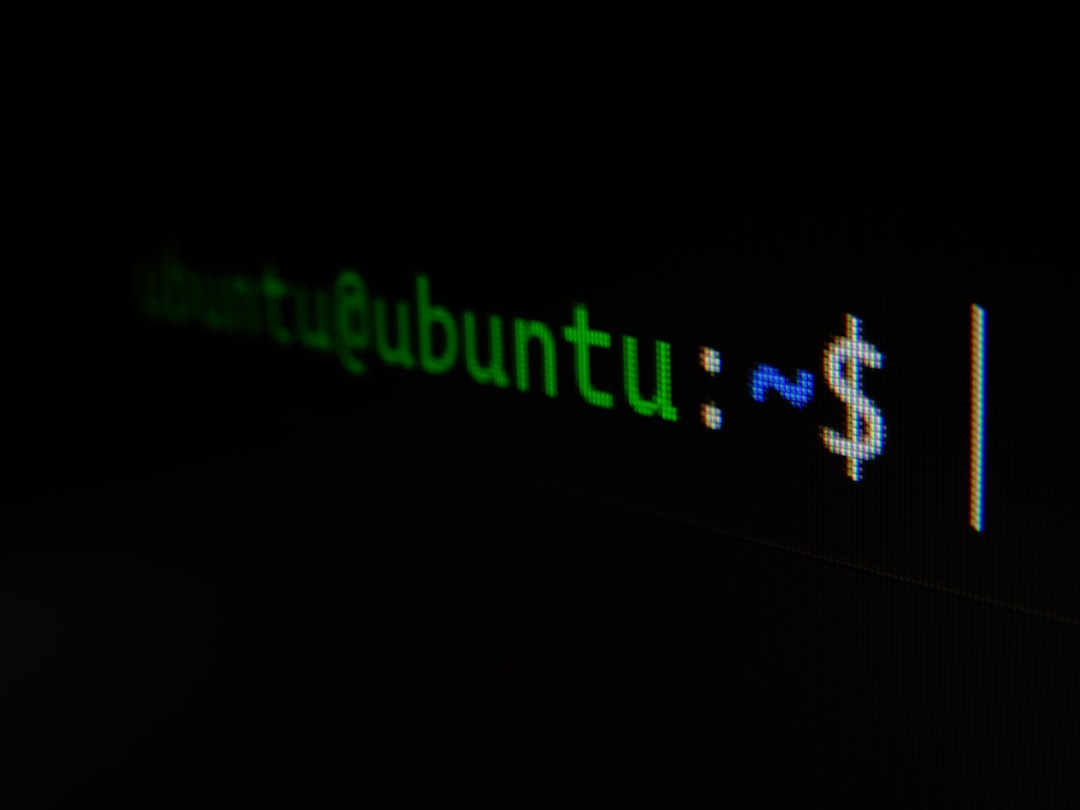Computers have become an integral part of our daily lives. From the moment we wake up till we go to bed, we rely on computers for various tasks. But have you ever wondered how it all began? The history of computers dates back to the early 1940s when the world witnessed the birth of the first electronic general-purpose computer, the Eniac.
Eniac was a massive machine, occupying an entire room and relying on vacuum tubes for its operations. It had limited capabilities compared to modern computers, but it marked the beginning of a technological revolution. Over the next few decades, computers continued to evolve at a rapid pace.
In the 1980s, the world saw the emergence of personal computers (PCs). IBM released the Model 5150, the first personal computer that brought computing power to the masses. The PC era had begun, and with it came a wave of advancements in hardware and software technologies.
As the world became more interconnected, the need for portable computing devices arose. Laptops emerged as a solution, offering the convenience of computing on the go. With each passing year, laptops became more powerful and compact, making them essential tools for professionals and students alike.
The advent of smartphones revolutionized the computing landscape once again. These pocket-sized devices packed immense computing power and connected us to the world like never before. Smartphones became an integral part of our lives, enabling us to communicate, work, and entertain ourselves with a few taps on the screen.
Artificial Intelligence (AI) has been a game-changer in the world of computing. With AI, computers can process and analyze vast amounts of data, learn from it, and make informed decisions. This technology has transformed various industries, from healthcare to finance, by enabling automation and improving efficiency.
And now, we stand on the brink of another technological leap in computing – the era of quantum computers. Unlike traditional computers that use bits to store and process information, quantum computers use quantum bits or qubits. This allows them to perform calculations at an exponentially faster rate than current computers, unlocking a new realm of possibilities in fields like cryptography, drug discovery, and optimization problems.
As we look towards the future, the potential of computers seems limitless. From advanced AI systems to quantum supremacy, the evolution of computers continues to shape the world around us. Whether it’s augmenting our abilities, advancing scientific research, or transforming industries, computers have become an integral part of our existence.








